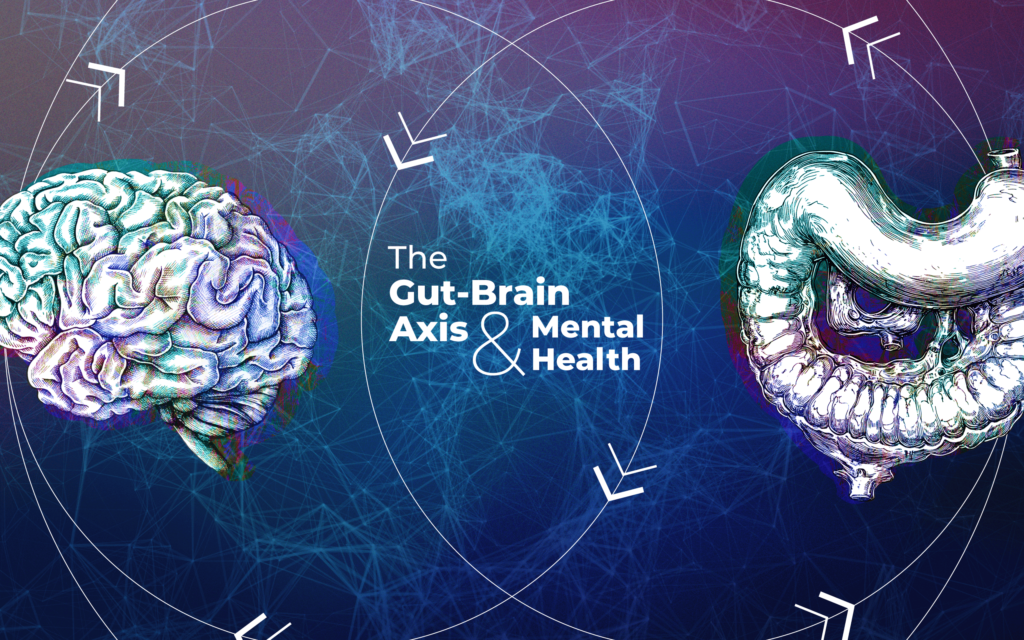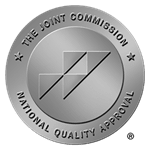The Gut-Brain Axis and Mental Health

We often think of mental health as something that lives in the brain alone. But science and experience are telling a different story.
If you’ve ever had a “gut feeling,” felt butterflies in your stomach, or lost your appetite due to stress, you’ve already met the gut-brain axis in action. This powerful connection between your digestive system and your nervous system plays a major role in how you feel every day – emotionally, mentally, and physically.
Below, we’re taking a deeper look at what the gut-brain axis really is, how it affects your mental health, and what you can do to support this relationship in your daily life.
What is the Gut-Brain Axis?
The gut-brain axis is the two-way communication system between your brain and your gut. It’s a complex network made up of nerves (including the vagus nerve), hormones, and immune signals. But what’s most surprising to many people is that the gut also contains its own “mini brain,” a network of neurons called the enteric nervous system.
This means your gut doesn’t just digest food. It also plays a key role in producing neurotransmitters like serotonin and dopamine – chemicals that regulate mood, sleep, and anxiety. In fact, nearly 90% of your body’s serotonin is made in the gut.
How Does Your Gut Affect Your Brain?
When your gut is thriving, your brain tends to feel clearer, calmer, and more emotionally balanced. But when that connection is out of sync, the effects can be hard to ignore.
Here are a few signs that your gut-brain axis might be struggling:
- Chronic digestive issues (bloating, constipation, IBS)
- Brain fog or poor concentration
- Mood swings or increased anxiety
- Sleep disturbances
- Low energy or fatigue
- Food sensitivities or inflammation
This happens because a compromised gut can trigger inflammation, disrupt hormone production, and confuse the signals being sent to the brain. This can result in feeling anxious, irritable, or emotionally “off” without realizing that the root cause is physical.
What Foods Support a Strong Gut-Brain Connection?
Your gut is home to trillions of microbes (a.k.a. your microbiome), and what you feed them matters. To support mental health through gut wellness, try adding more of these to your plate:
1. Probiotic-rich foods
Probiotic-rich foods such as yogurt, kefir, kimchi, sauerkraut, miso, and tempeh introduce beneficial bacteria into your gut.
2. Prebiotic foods
Foods like garlic, onions, leeks, asparagus, bananas, and oats feed the good bacteria already living in your gut.
3. Omega-3 fatty acids
Omega-3 fatty acids found in salmon, sardines, flaxseed, chia seeds, and walnuts help reduce inflammation and support brain function.
4. Polyphenol-rich foods
Foods such as green tea, berries, olive oil, and dark chocolate act as antioxidants and support microbiome diversity.
5. Whole, fiber-rich plants
Whole, fiber-rich plants like beans, lentils, vegetables, fruits, and whole grains help regulate digestion and stabilize mood.
Additionally, reducing processed foods, excessive sugar, and alcohol can go a long way in helping your gut (and brain) heal.
Mental Health Coaching in Orange County, CA
If you’re struggling with anxiety, brain fog, or emotional ups and downs, your gut might be trying to tell you something. At Barn Life Recovery, we take an integrative approach to mental health, supporting not just the mind, but the body and nervous system, too. Contact us to learn more about how our holistic programs can help you strengthen the gut-brain connection and feel like yourself again!









